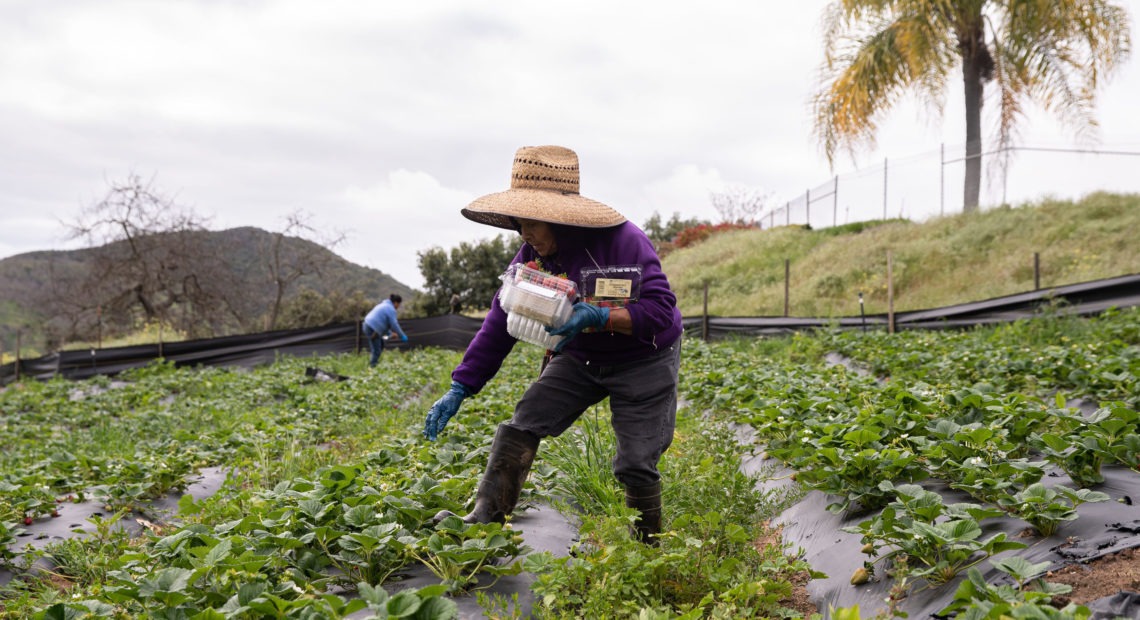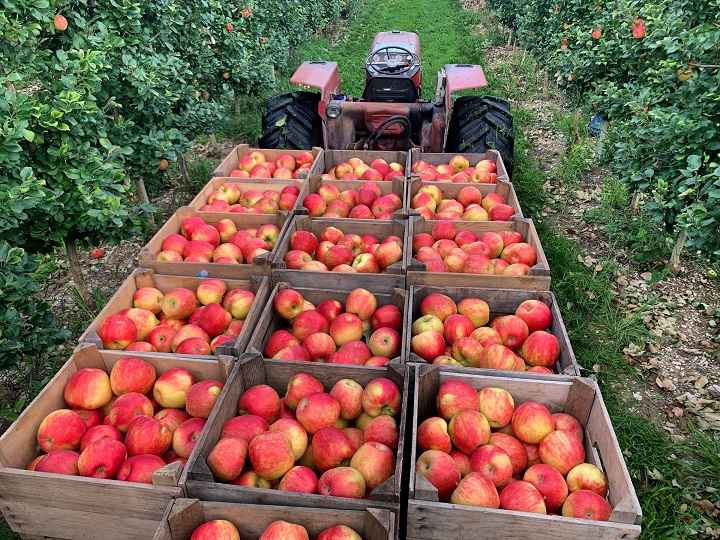
U.S. Department of Labor updates prevailing wage rates for agricultural workers
Listen
(Runtime 1:02)
Read
The U.S. Department of Labor updated the prevailing wage rates for temporary agricultural workers in Washington state. The move came after Familias Unidas por la Justicia, a farmworker’s union in Skagit County, sued the department last May for allegedly failing to protect local workers’ wages and labor conditions.
A federal judge ordered the department to reinstate the 2020 survey prevailing wages rates, which were published in 2022. This is until a final judgment is entered.
The case argues the Department of Labor’s prevailing wage policies are contrary to the law and have been impacting Washington’s farmworkers.
Andrea Schmitt is a staff attorney with Columbia Legal Services, the law firm representing the plaintiffs. She said the plaintiffs are pleased with the decision.
“It shows that the court understands how important this is to farmworkers, and how important it is that they be able to earn the wages that they would normally earn in the free market,” said Schmitt.
She said it is critical for farmworkers to be able to support themselves and their families.
According to the U.S. Department of Labor website, a prevailing wage rate is the average wage paid to similarly employed workers in a specific occupation area of intended employment.
In the agriculture industry, those are used when temporary workers work under an H-2A visa.
The Immigration and Nationality Act requires that the hiring of a foreign worker doesn’t adversely affect local workers’ wages and conditions.
Schmitt explained the prevailing wages are calculated by survey.
The complaint stated that the Department of Labor allowed Washington’s Employment Security Department to determine the most common unit of pay based on “estimated employment” instead of reported employment, which is contrary to the law.
Schmitt said there is a rule that makes prevailing wages expire one year after being posted on DOL’s website.
“One of the claims has to do with the fact that they have caused the old findings, the previously published findings, to expire after a year. And so now we’re sitting around in Washington State with zero prevailing wages,” she said.
The judge blocked the department from enforcing the expiration rule in Washington.
Plaintiffs also challenged the way the Department of Labor calculates prevailing wages, but the judge did not grant it in this decision.
Northwest Public Broadcasting contacted the Department of Labor’s regional media contacts but did not get an answer by publication.
The case is still in court.
















